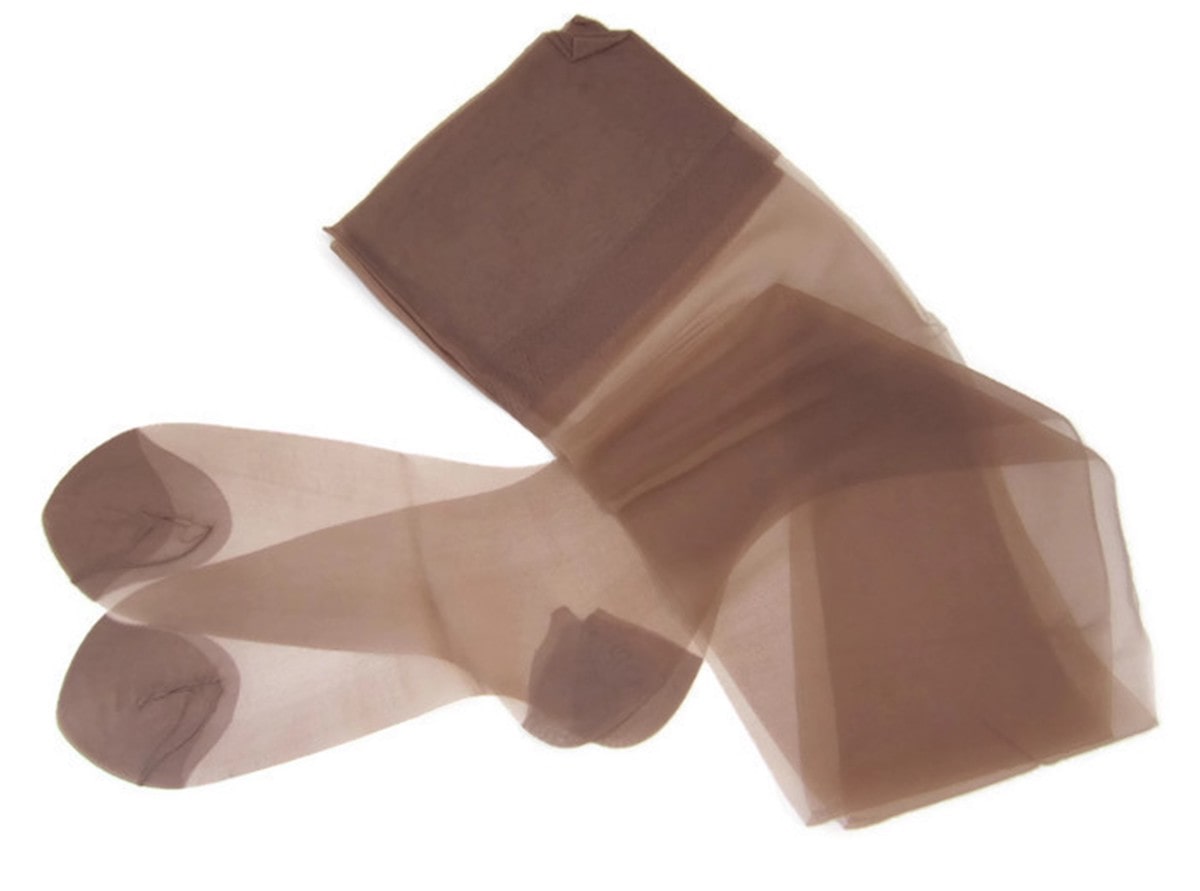A healthcare professional wears an N95 mask for a reason. This piece of personal protective equipment filters 95 percent of particles.
A cloth mask, now a required staple of Connecticut life when residents cannot avoid social distancing, is less efficient but still effective. It filters about 60 percent of particles. Some people who make their own cloth masks have added protection by slipping a filter — anything from a few toilet-paper squares to a coffee filter — under the mask. But air can still get through. The filters just change its path.
How about a nylon stocking wrap over the mask? Yes, pantyhose.
Loretta Fernandez, an assistant professor of civil and environmental engineering at Northeastern University in Boston, recently tested 10 types of homemade masks. Fernandez, whose research includes harmful microscopic particles among environmental pollutants, used a particle matter counter to set a baseline: commercial surgical masks filtered 75 percent of particles and homemade masks less than 60 percent.
Then, to improve the fit and close any gaps, she wrapped an outer layer of nylon pantyhose cutouts around the masks. The masks now filtered up to 50 percent more effectively.
Credit for the pantyhose technique actually belongs to one of Fernandez’s male colleagues, John Price, director of the Northeastern Office of Environmental Health and Safety. In the early 1980s, Price studied homemade masks following radioactive fallout from the Three Mile Island nuclear generating station in Pennsylvania.
“We were in the laboratory,” Fernandez told the Northeastern News site, “trying to recreate the seal that one would get with the N95 masks by just pressing the material around the breathing zone, and Jack said, ‘You know, in the ’80s, we just used pantyhose.’
“The next day, we came into the lab, cut a little section to fit over the masks, and used that as a more reproducible way to hold the material to our faces.”
Not feeling well? Call your healthcare provider for guidance and try to avoid going directly to an emergency department or urgent care center, as this could increase the chances of the disease spreading.
Need to see your doctor? New Patient? For more information about Hartford HealthCare virtual health visits, click here.
Click here to schedule a virtual visit with a Hartford HealthCare-GoHealth Urgent care doctor.
Stay with Hartford HealthCare for everything you need to know about the coronavirus threat. Click here for information updated daily.
Questions? Call our 24-hour hotline (860.972.8100 or, toll-free, 833.621.0600).
Get text alerts by texting 31996 with COVID19 in the message field.

